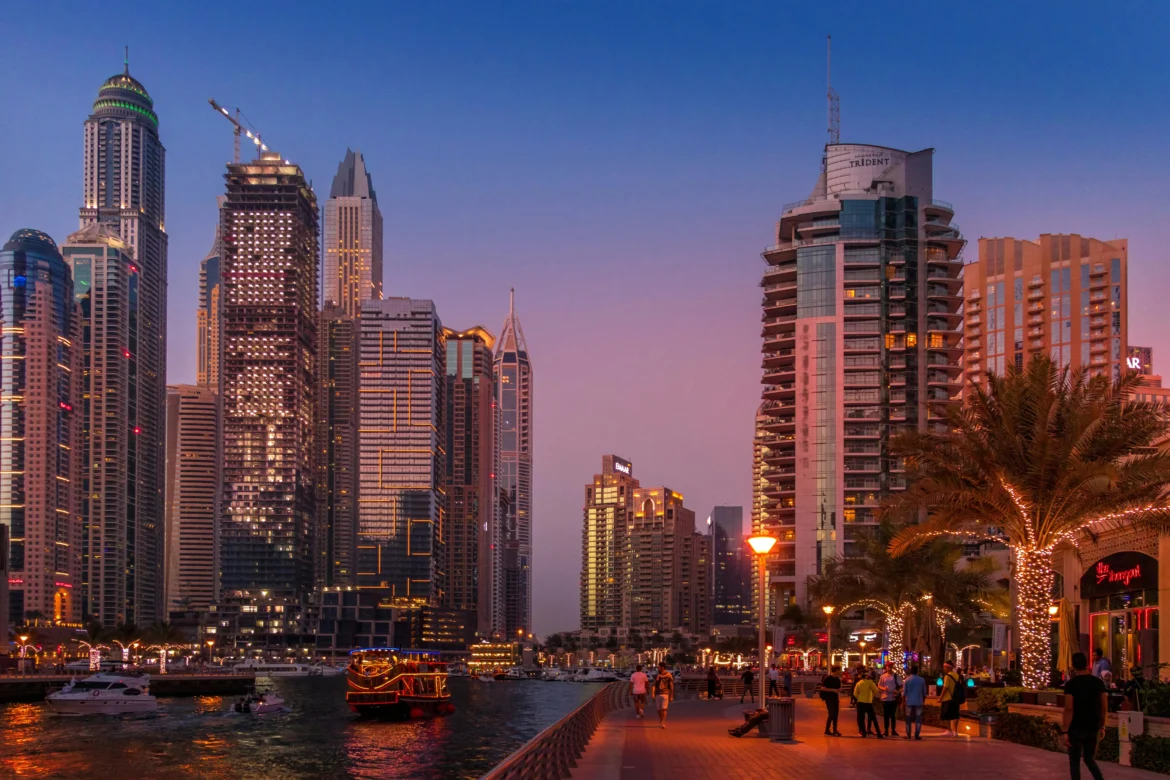Fitch Ratings has found that outstanding ESG sukuk rose by 66% yoy to reach USD33.3 billion globally as of end-3Q23, with further growth over the medium term expected.
The report found that the segment’s growth is driven primarily by governments’ sustainability initiatives and issuers’ funding diversification goals towards both the sharia and ESG-sensitive investors.
ESG sukuk is expected to cross 7.5% of global outstanding sukuk by 2028 (3Q23: 4.1%). That being said, it was highlighted that the segment is not immune from debt capital market (DCM) volatilities.
“DCMs and ESG themes are lacking development in many Muslim-majority countries in general, with gaps in the necessary regulations, infrastructure, and incentives,” said Bashar Al-Natoor, Global Head of Islamic Finance at Fitch. “Sustainability and climate-related issues have a lower government priority in many markets. However, some – like Saudi Arabia, the UAE, Indonesia, and Malaysia – have more developed DCMs and a gradually deepening pool of ESG sukuk and bonds. The UAE will also be hosting COP28 in about a month.”
Fitch Ratings highlighted that ESG sukuk has “not reached its full potential” due to hurdles such as a lack of green assets or projects, extra costs and complexities linked to both sharia-compliance and meeting ESG goals, and longer time-to-market.
Further, only USD2.3 billion of ESG sukuk were issued in 3Q23, a 37% quarterly fall.
This, it highlighted, is against the backdrop of the general DCM slowdown due to the quieter summer period and higher oil prices, reducing the funding needs of some GCC issuers.
The rise of geopolitical volatilities in the Middle East, which could affect sentiment, appetite, and pricing, is a risk, it said.
In the GCC, 51% of all outstanding hard-currency ESG debt is in sukuk format, with the rest in bonds.
Saudi Arabia has the highest share (48.1%) of Fitch-rated ESG sukuk, followed by the UAE (30.5%), Indonesia (19.6%) and Turkiye (1.8%).
Almost all Fitch rated-ESG sukuk are investment-grade, it noted.



